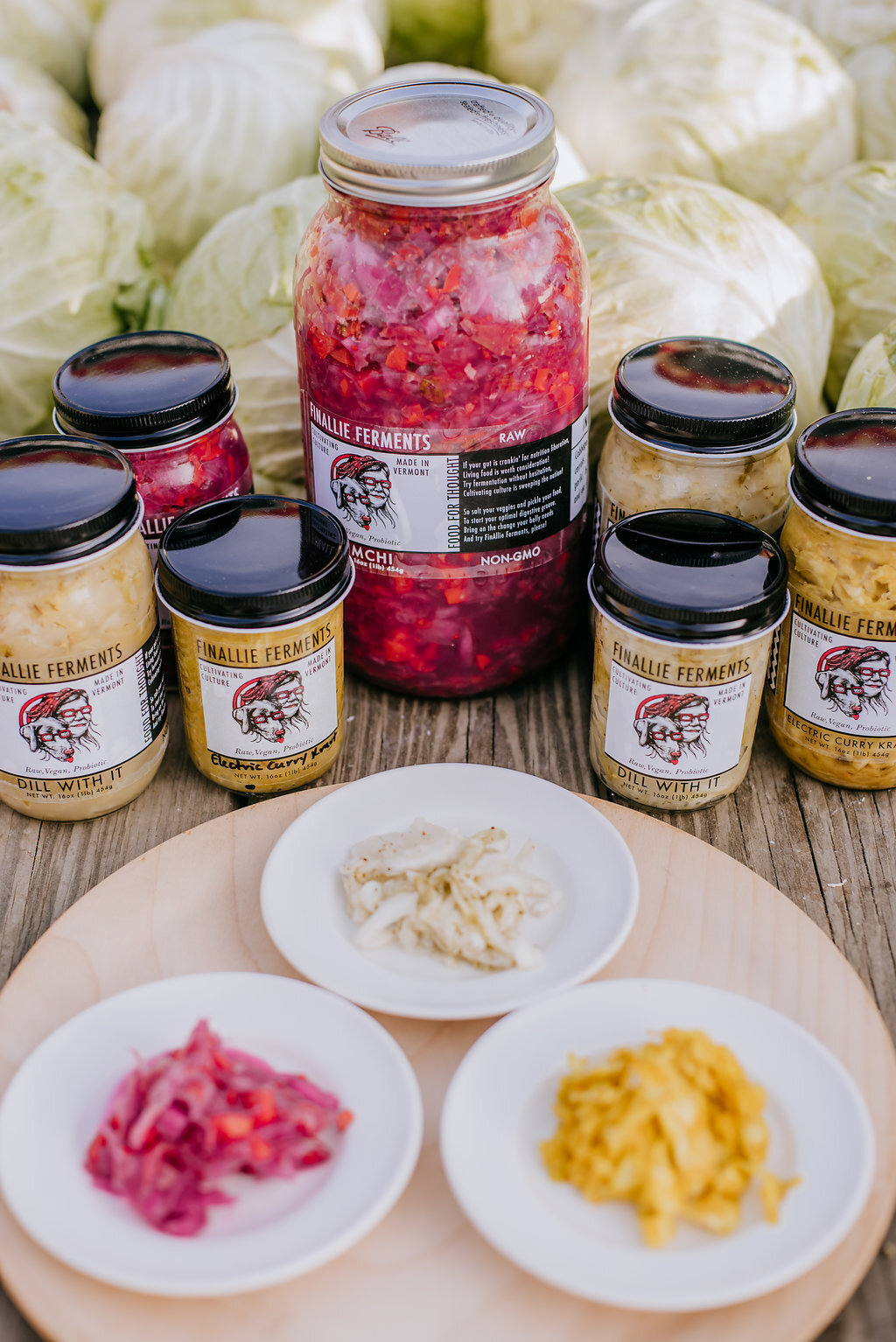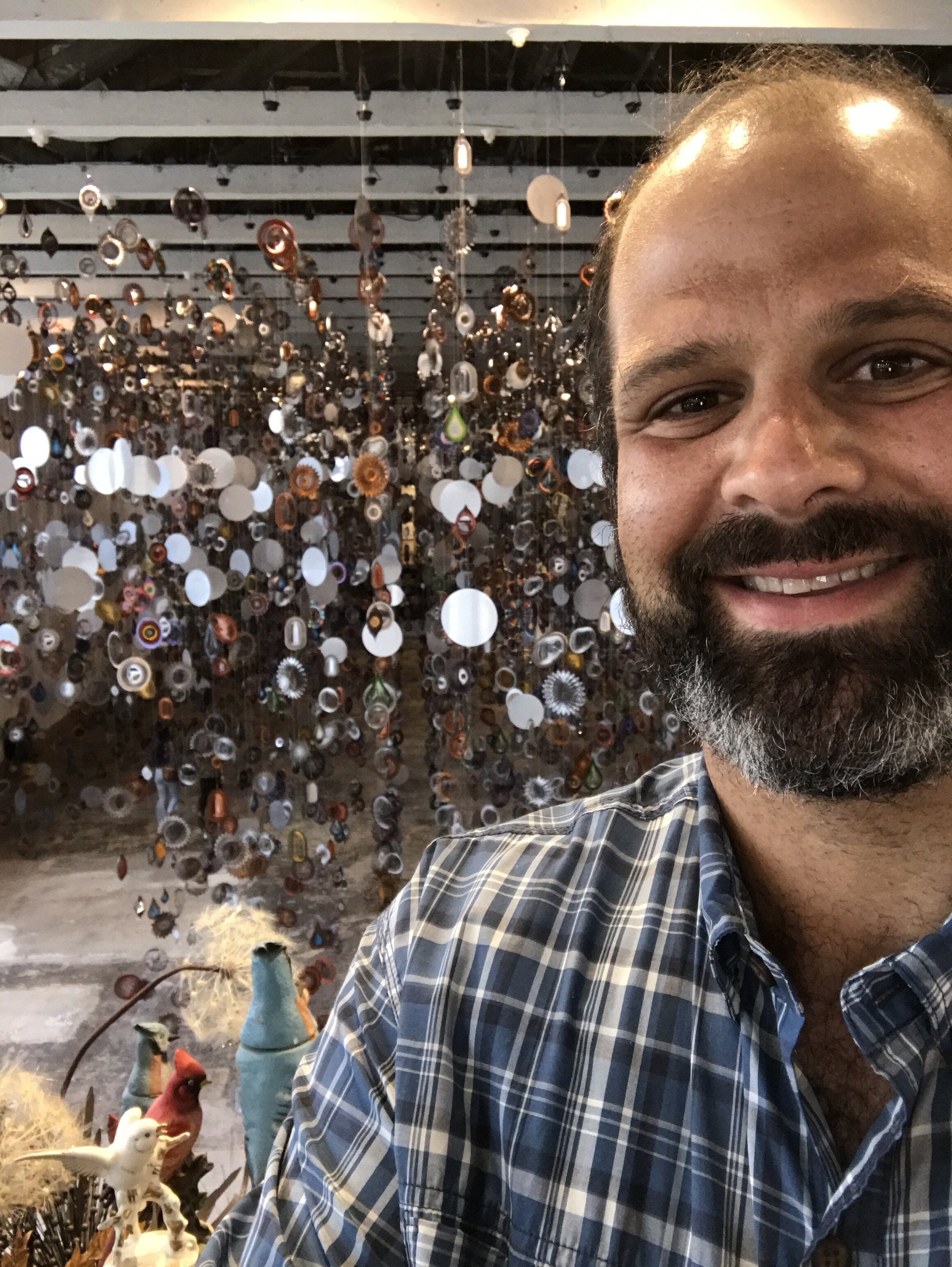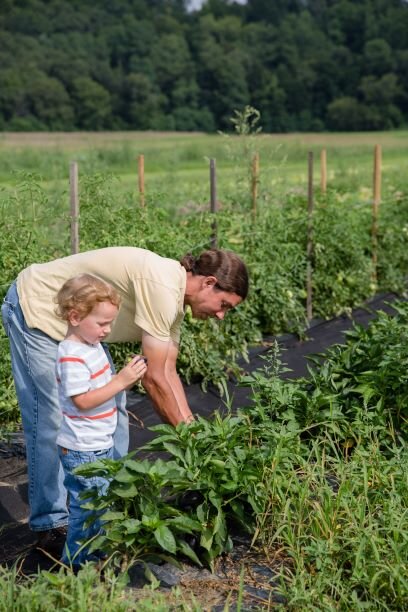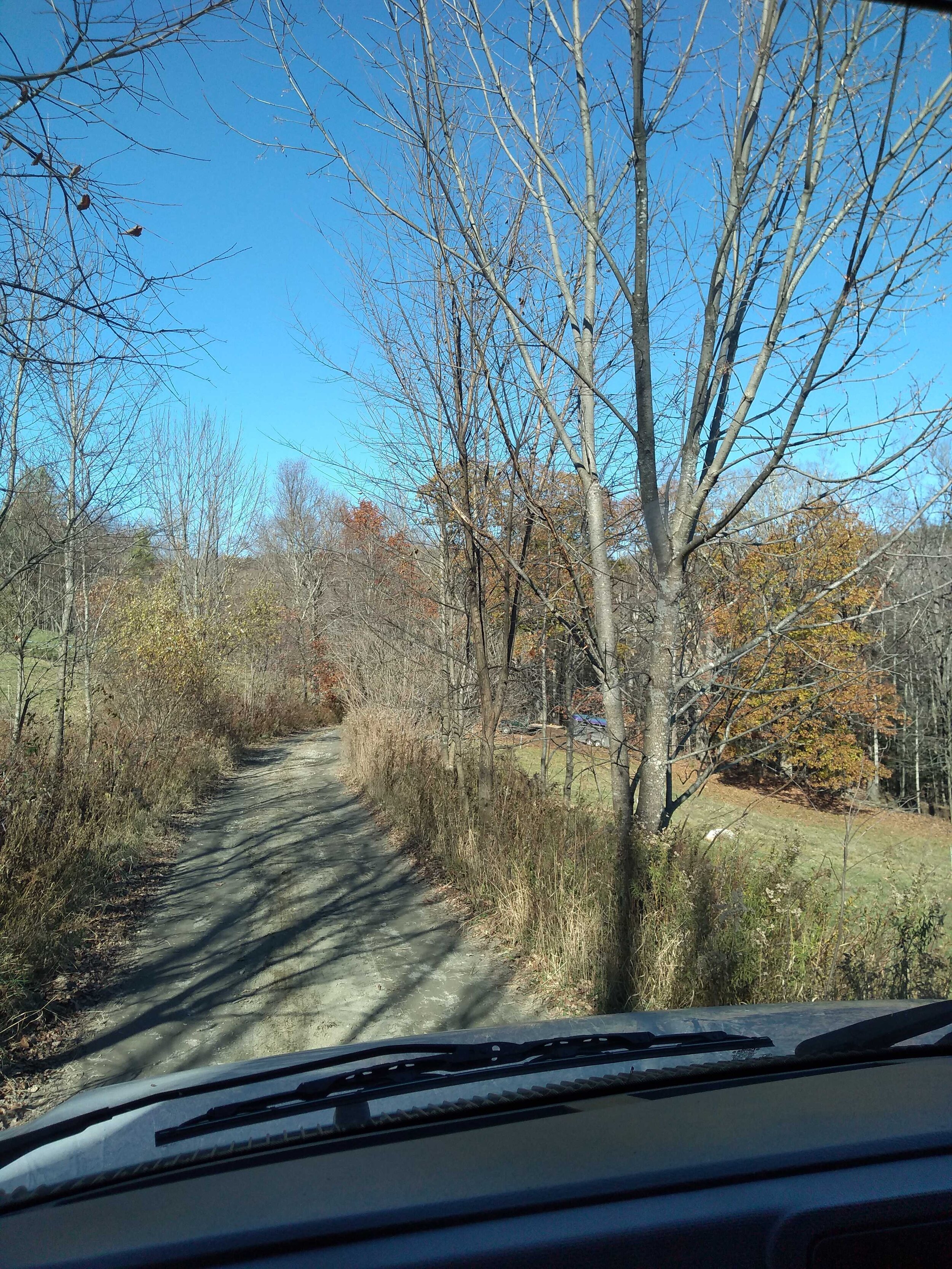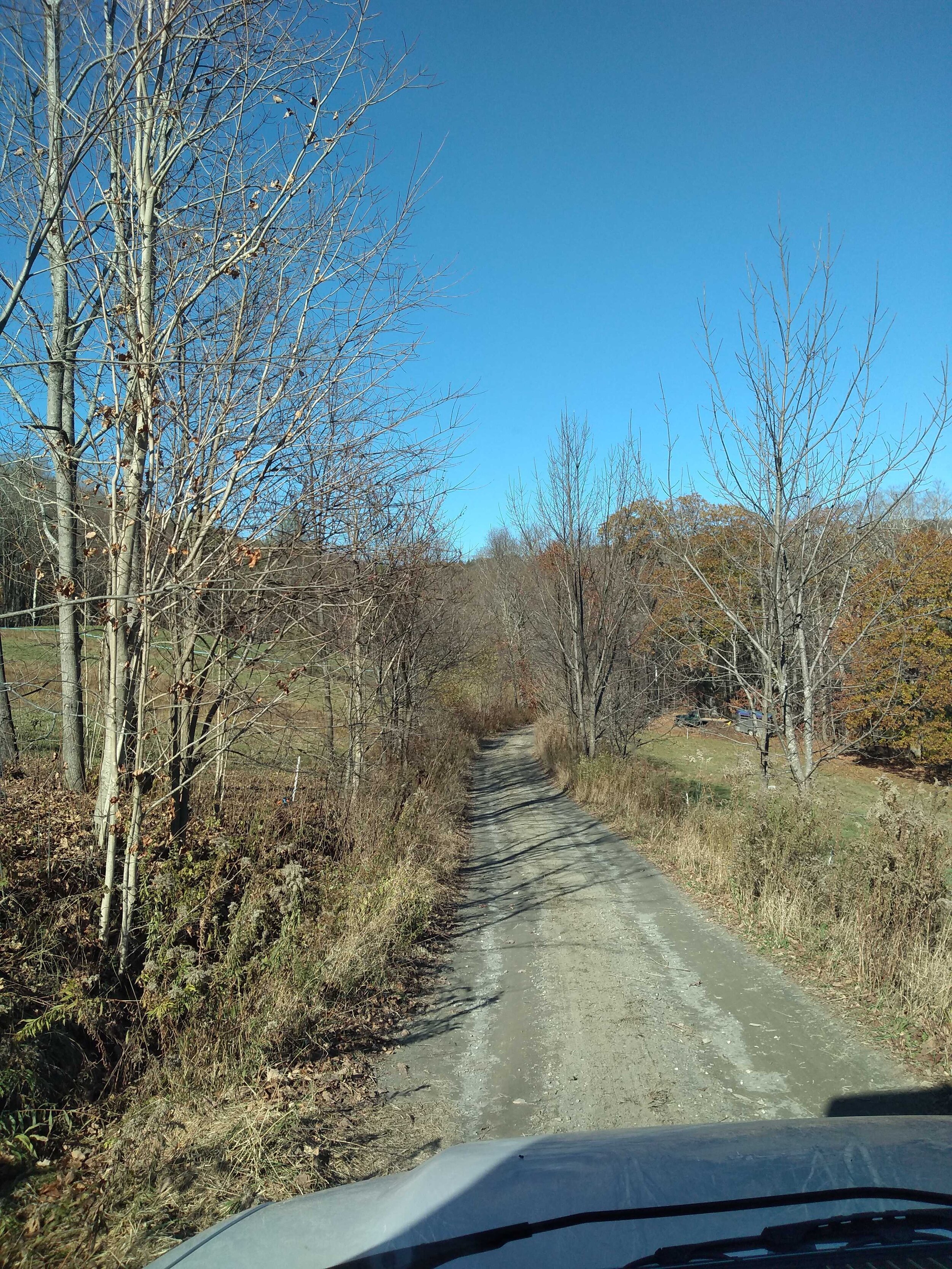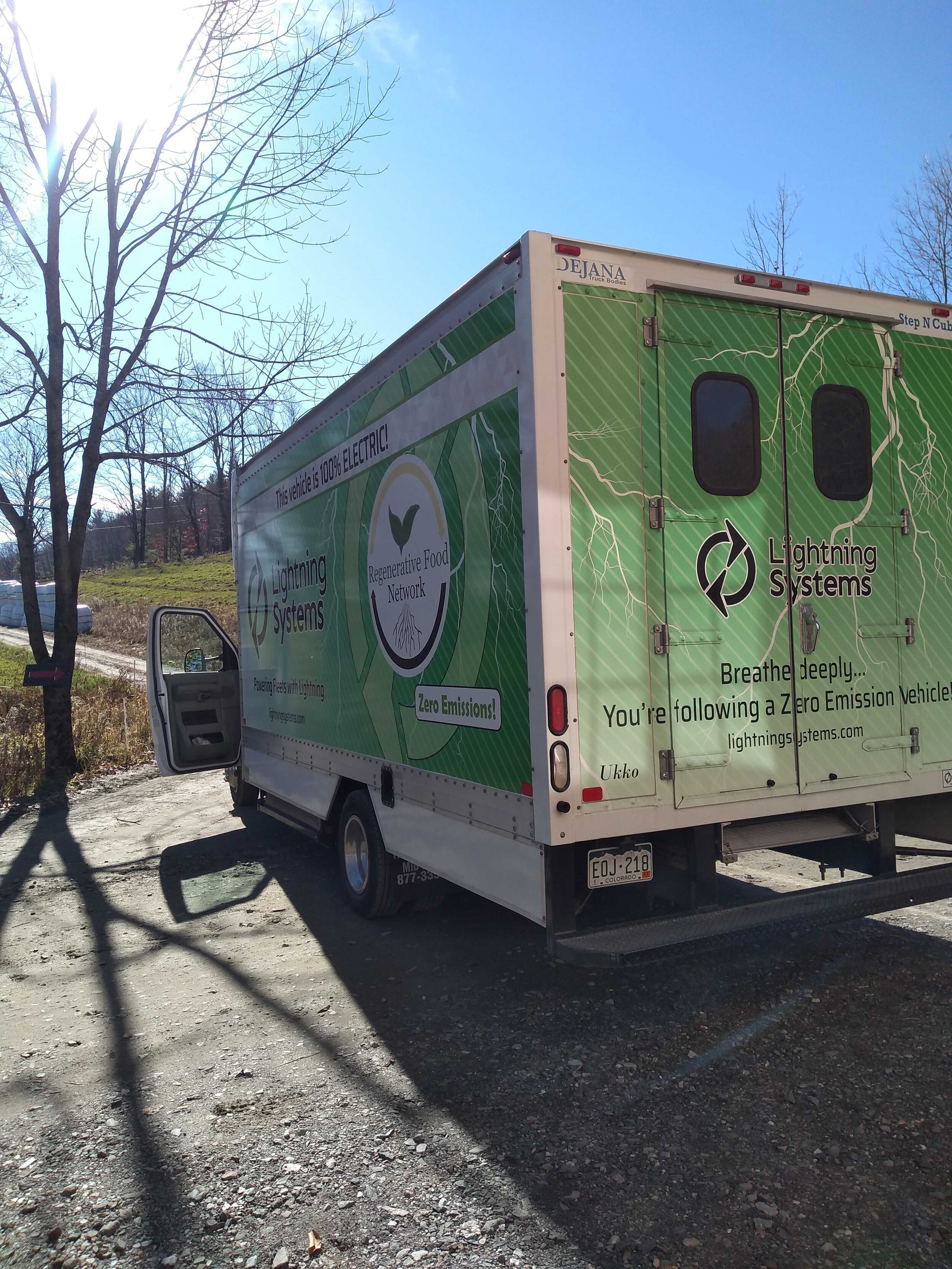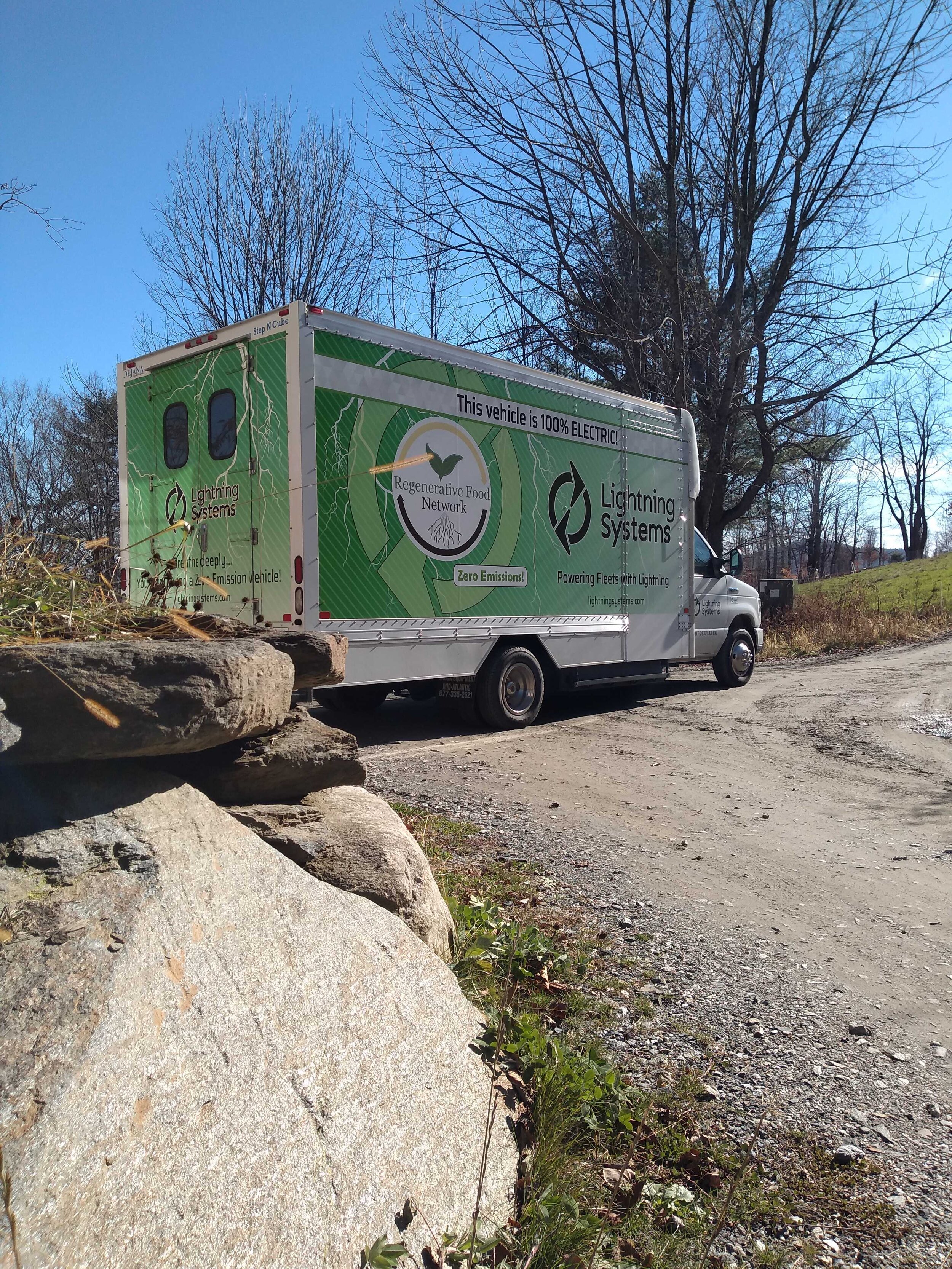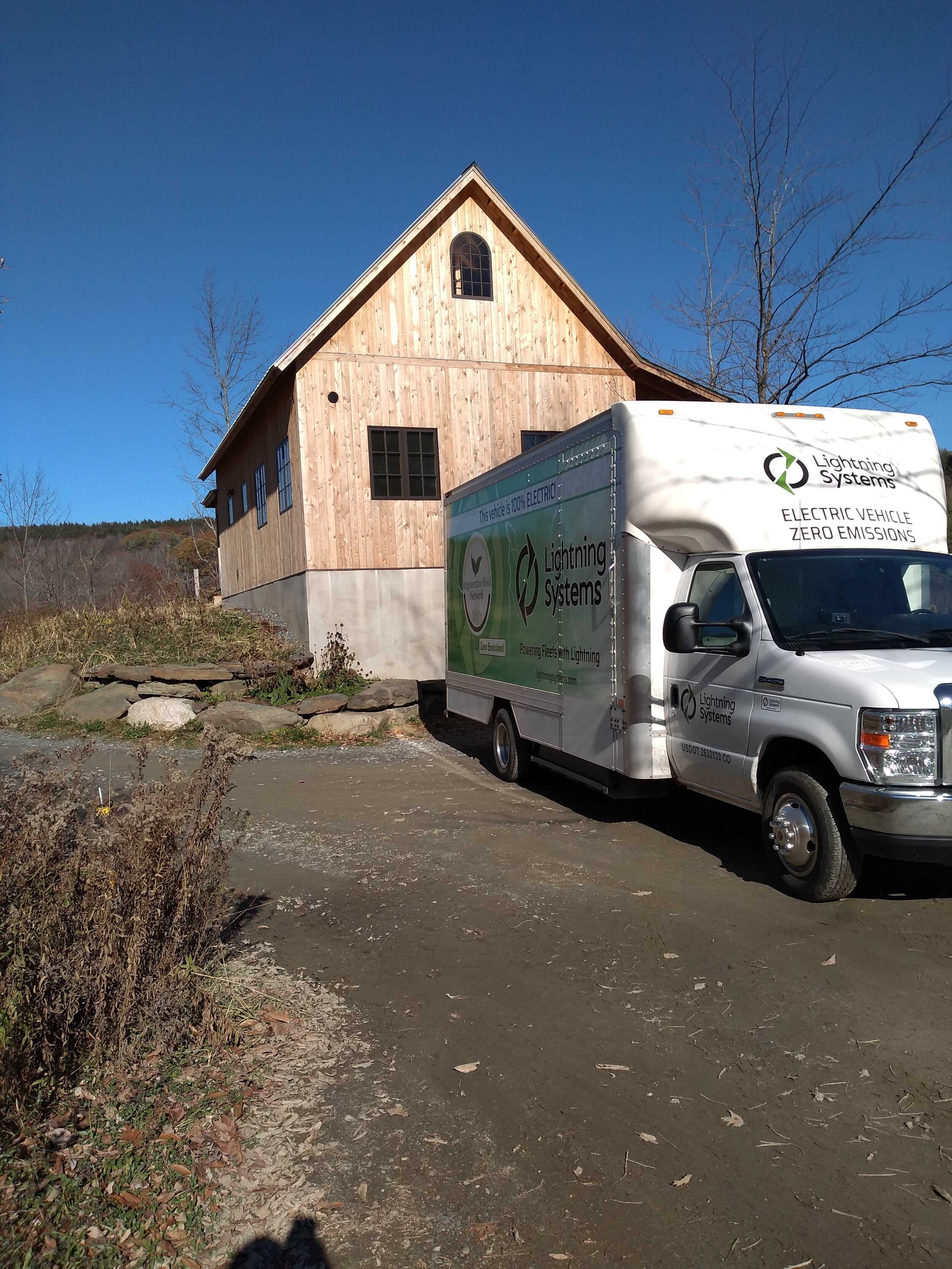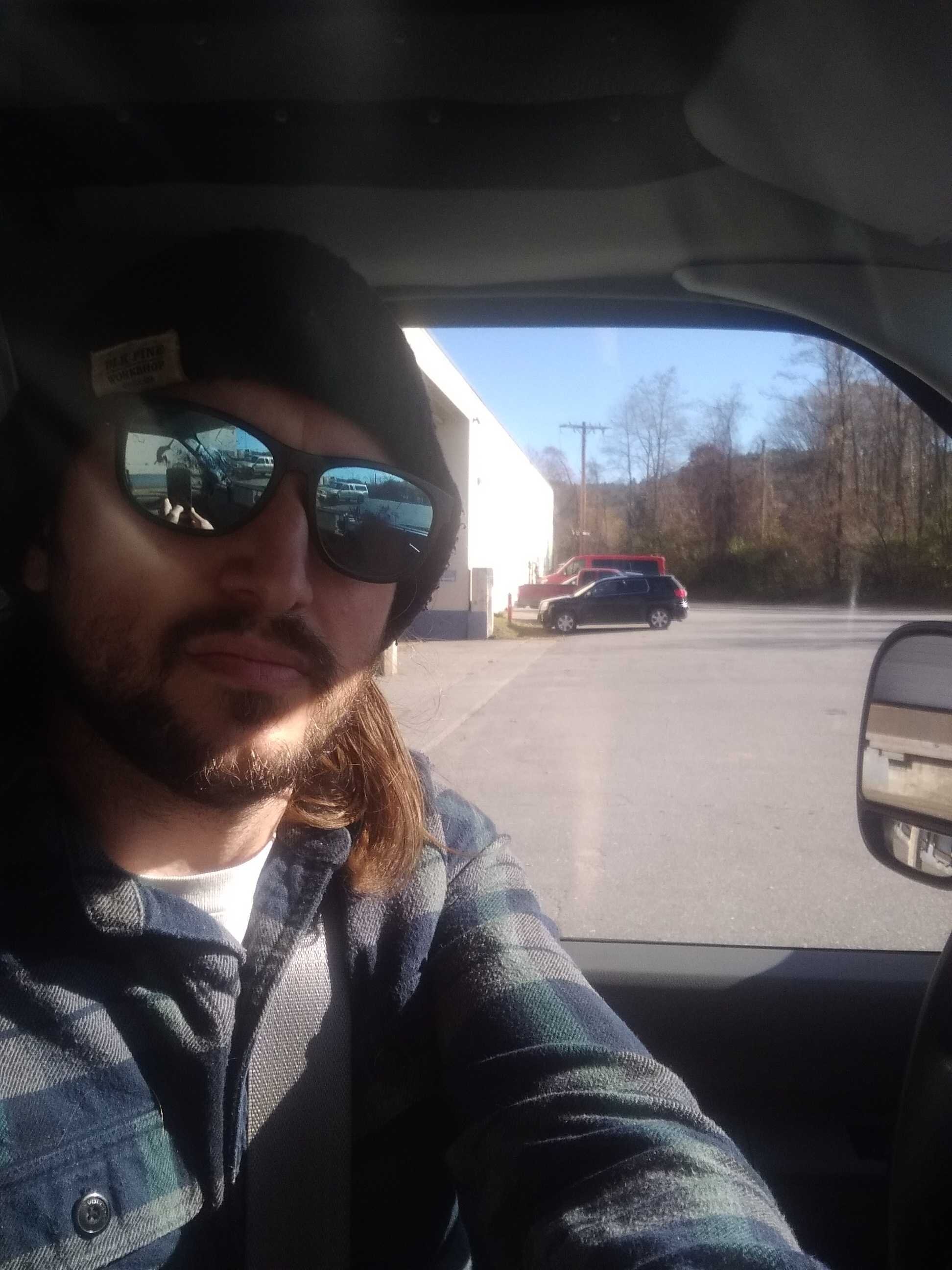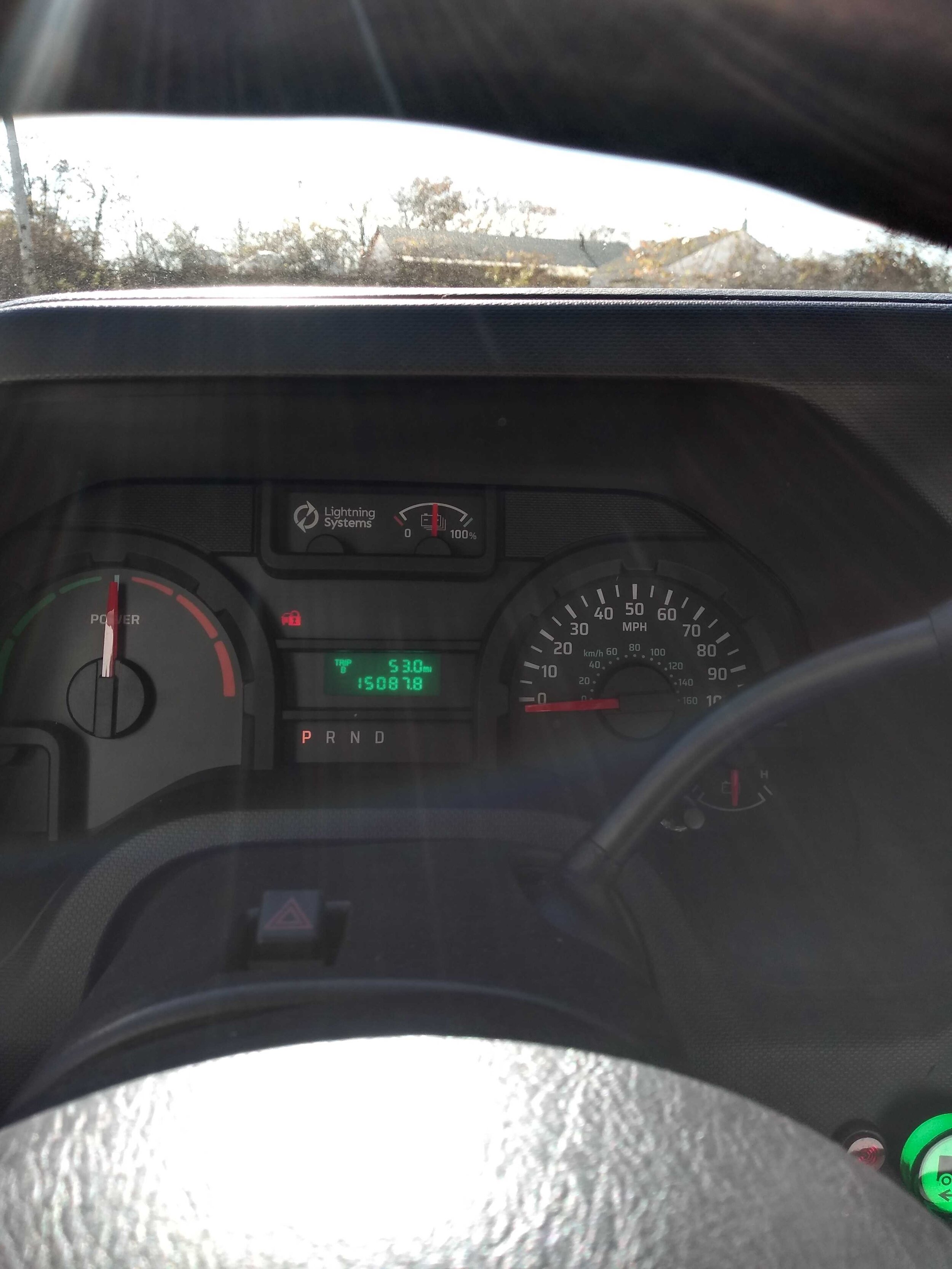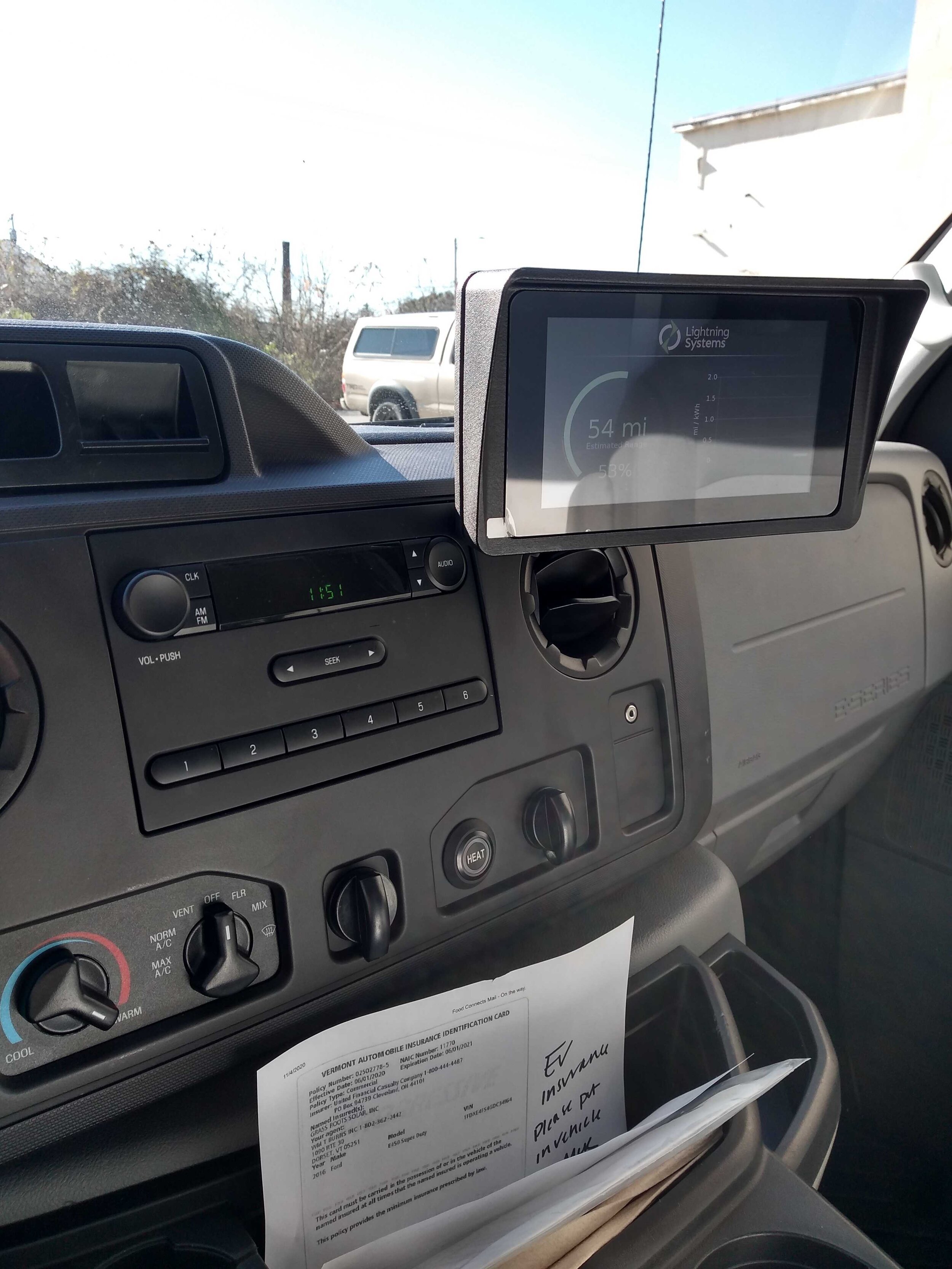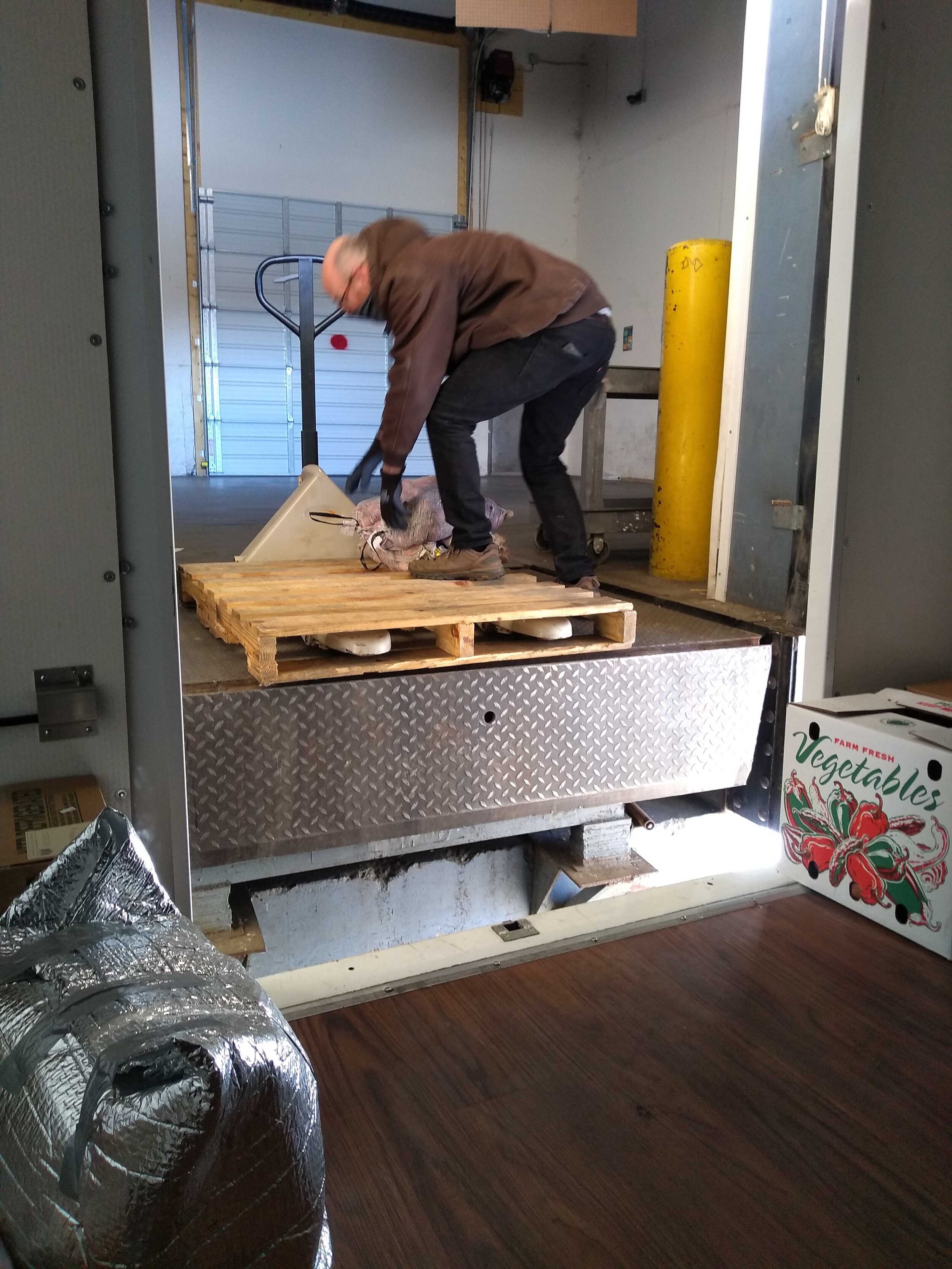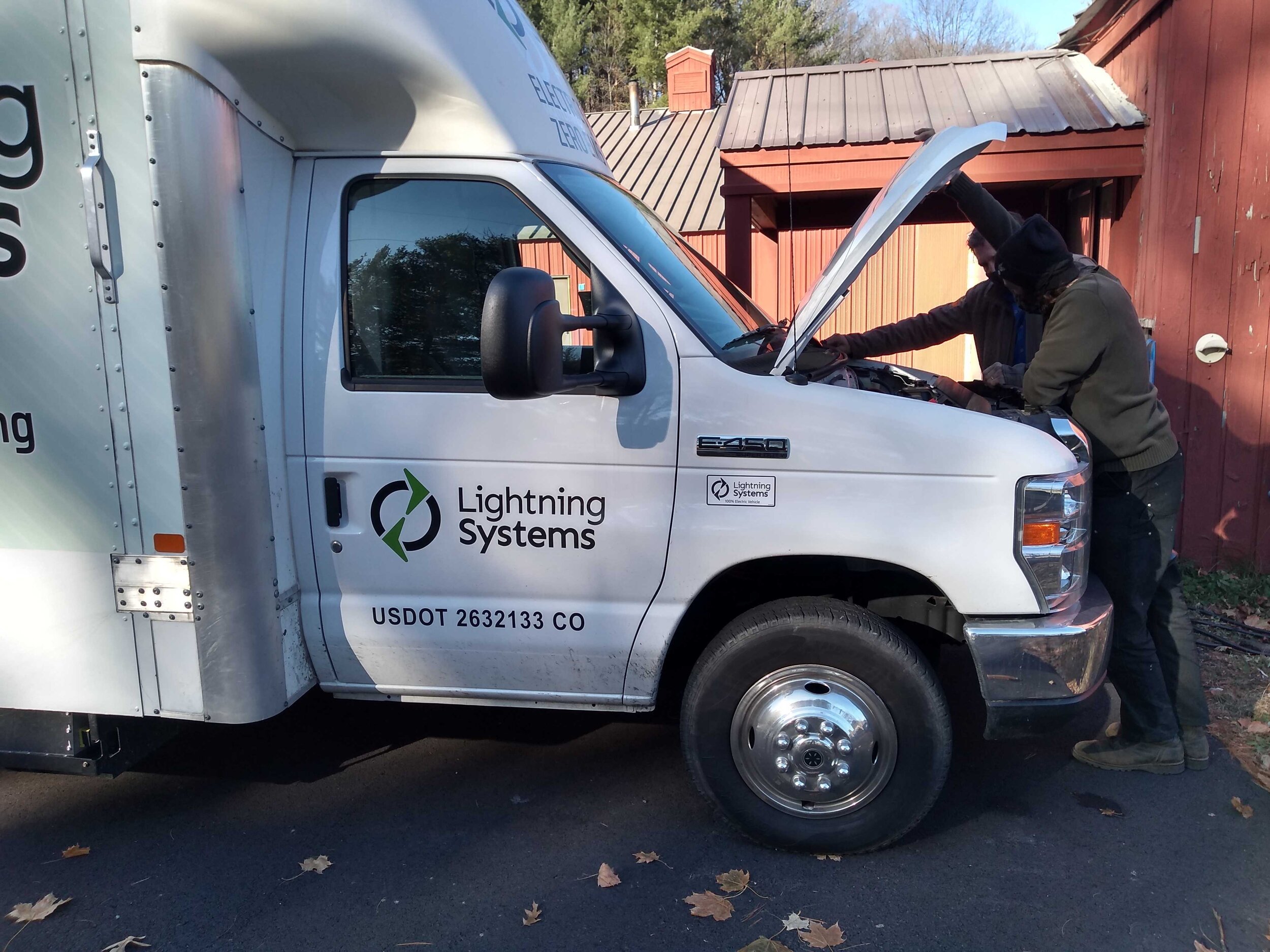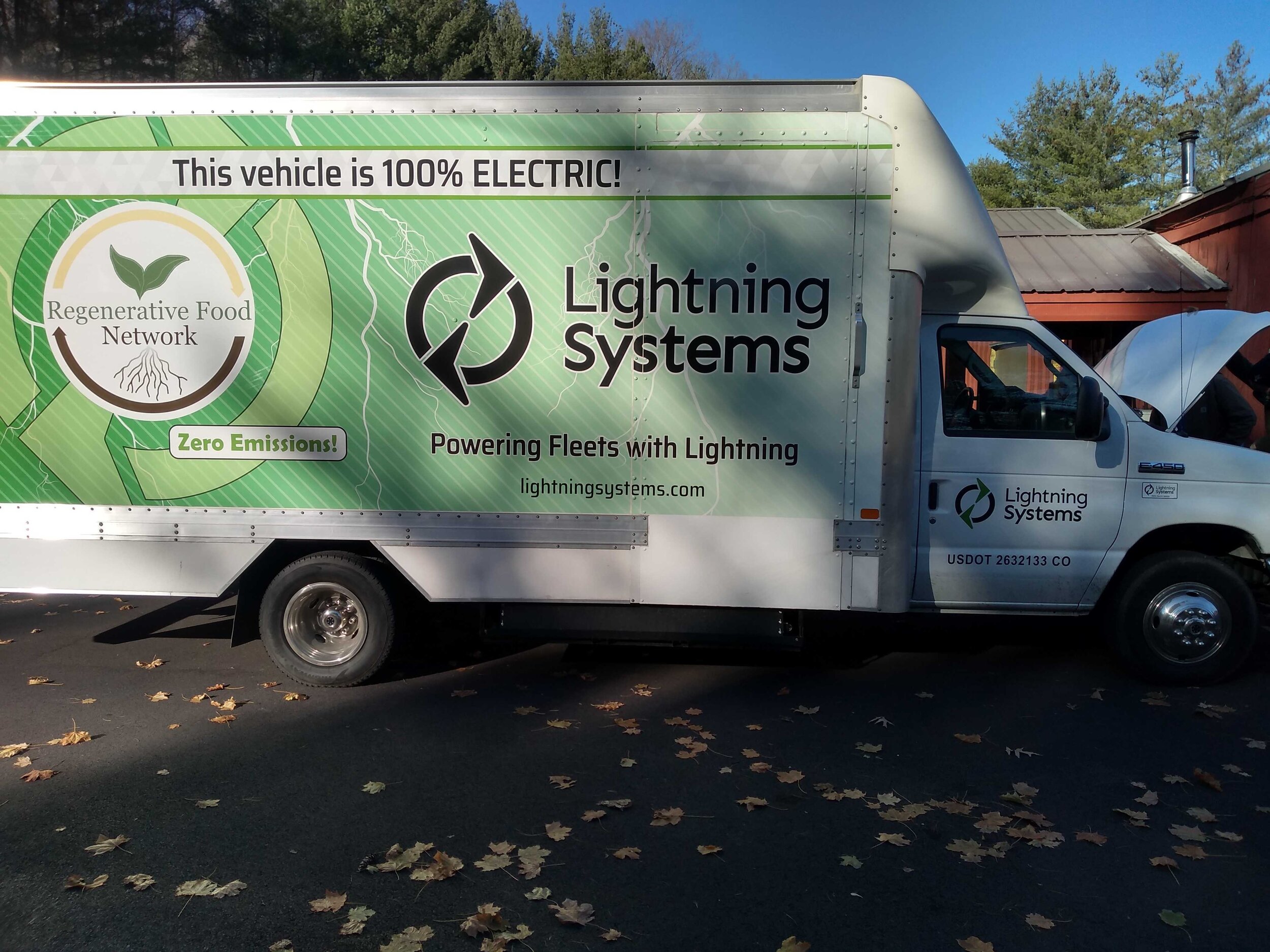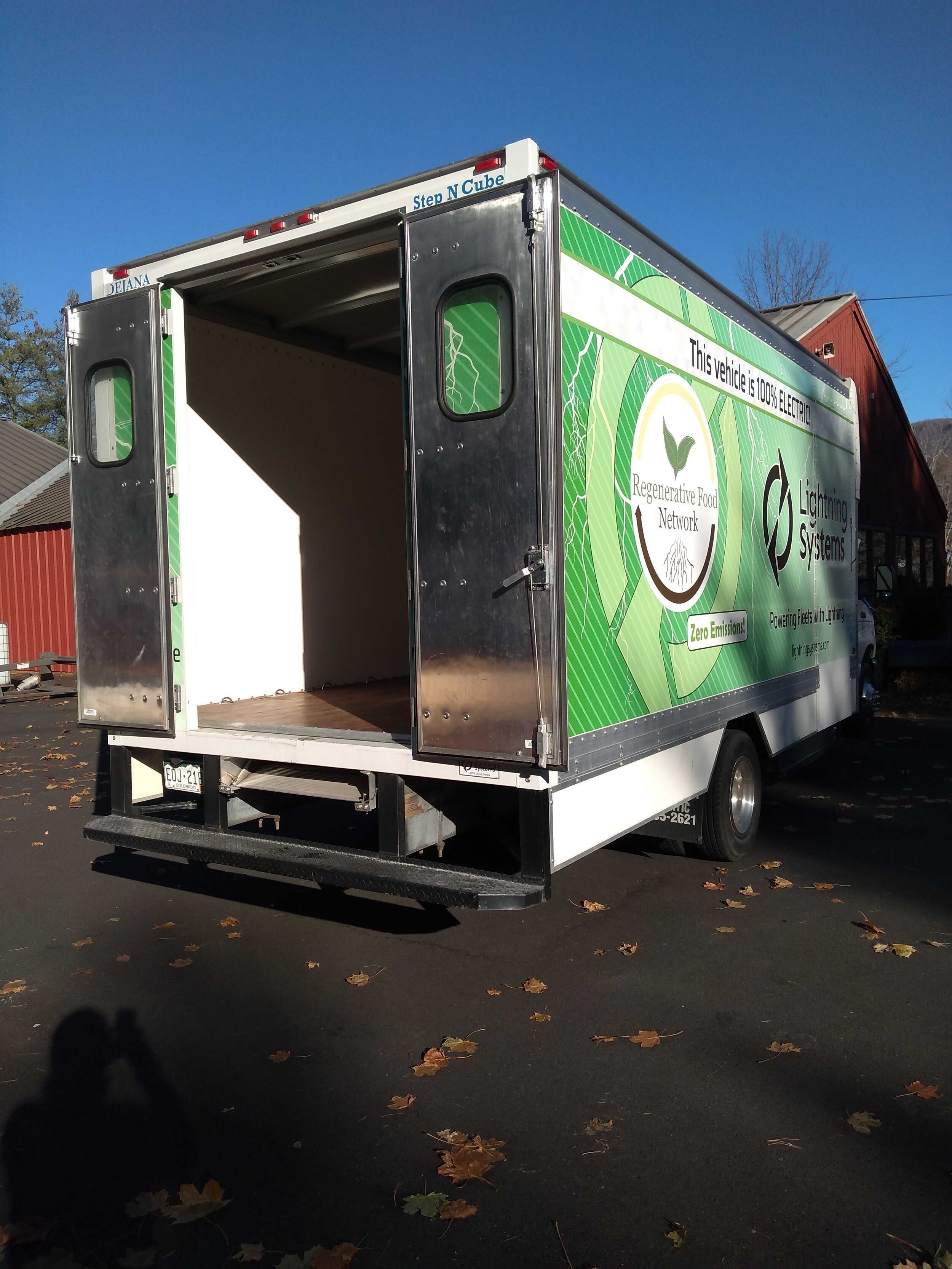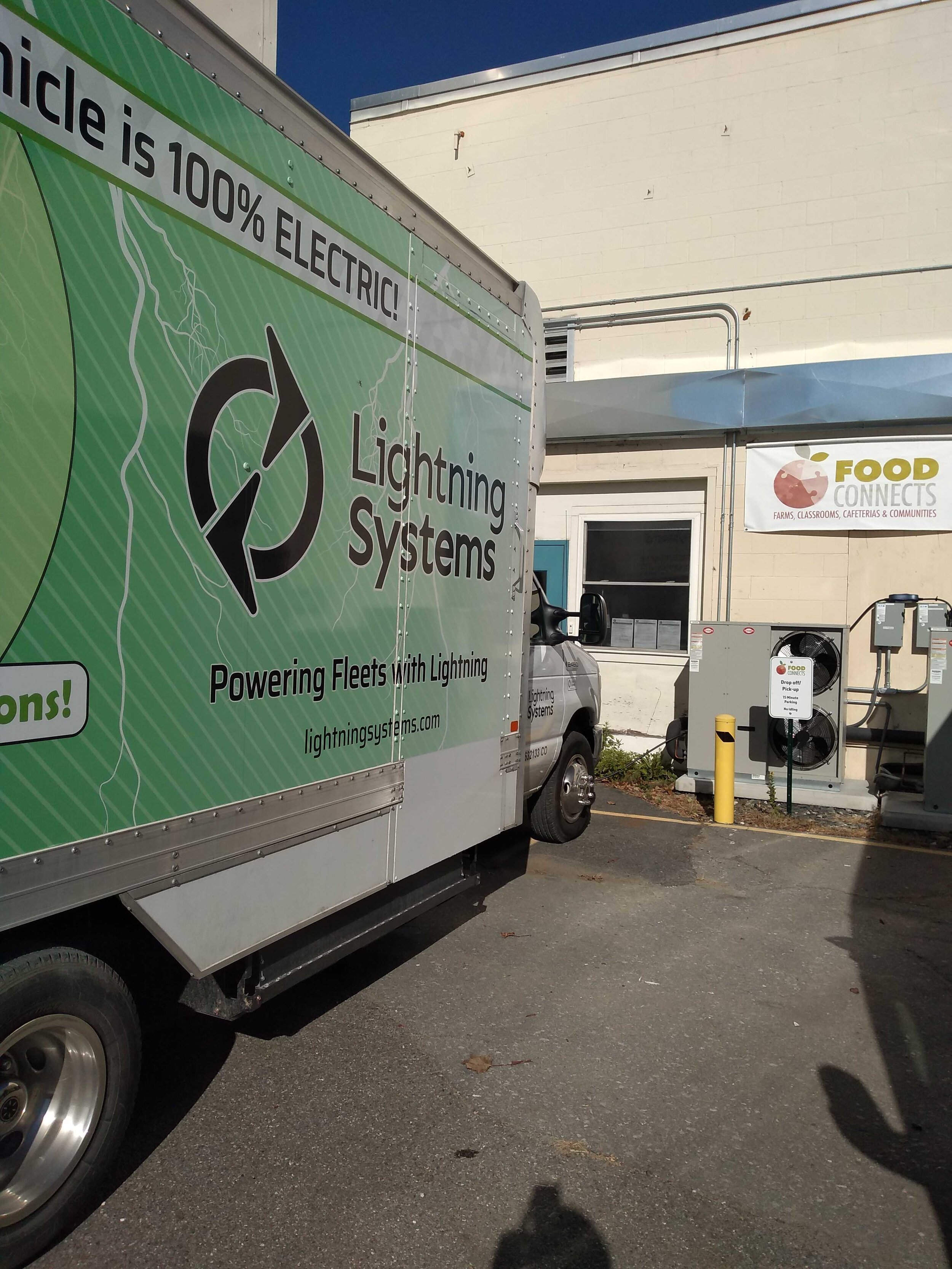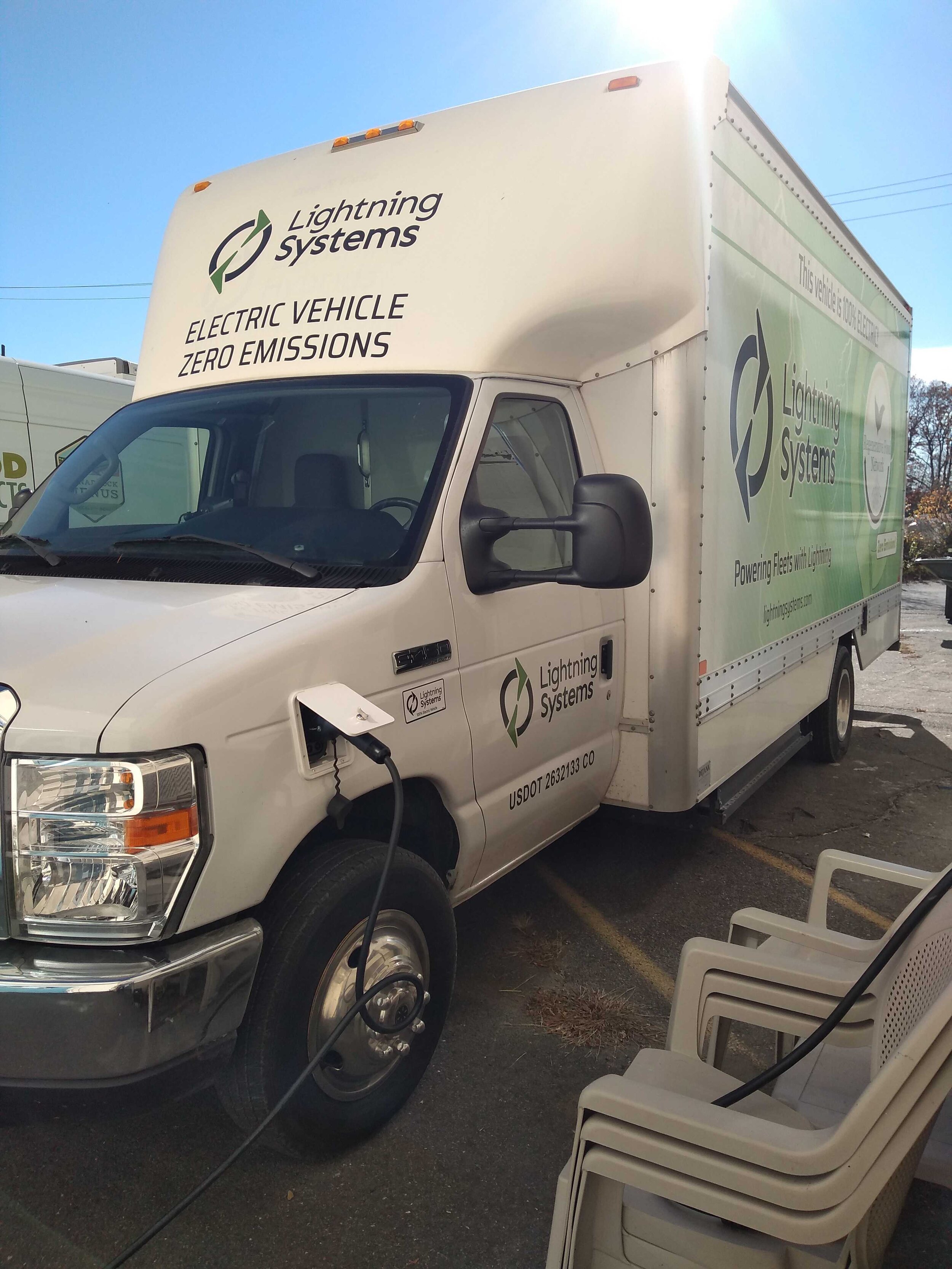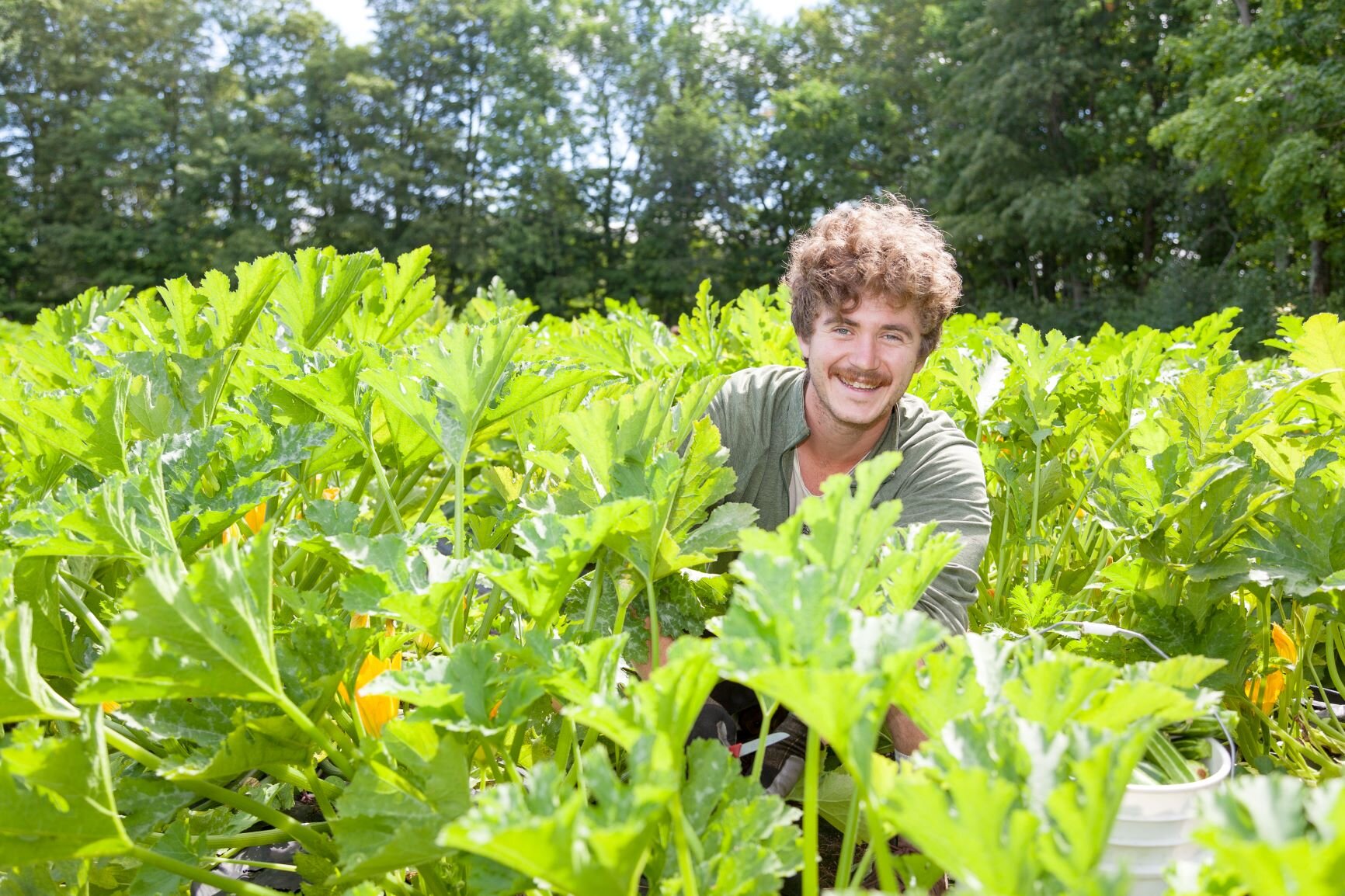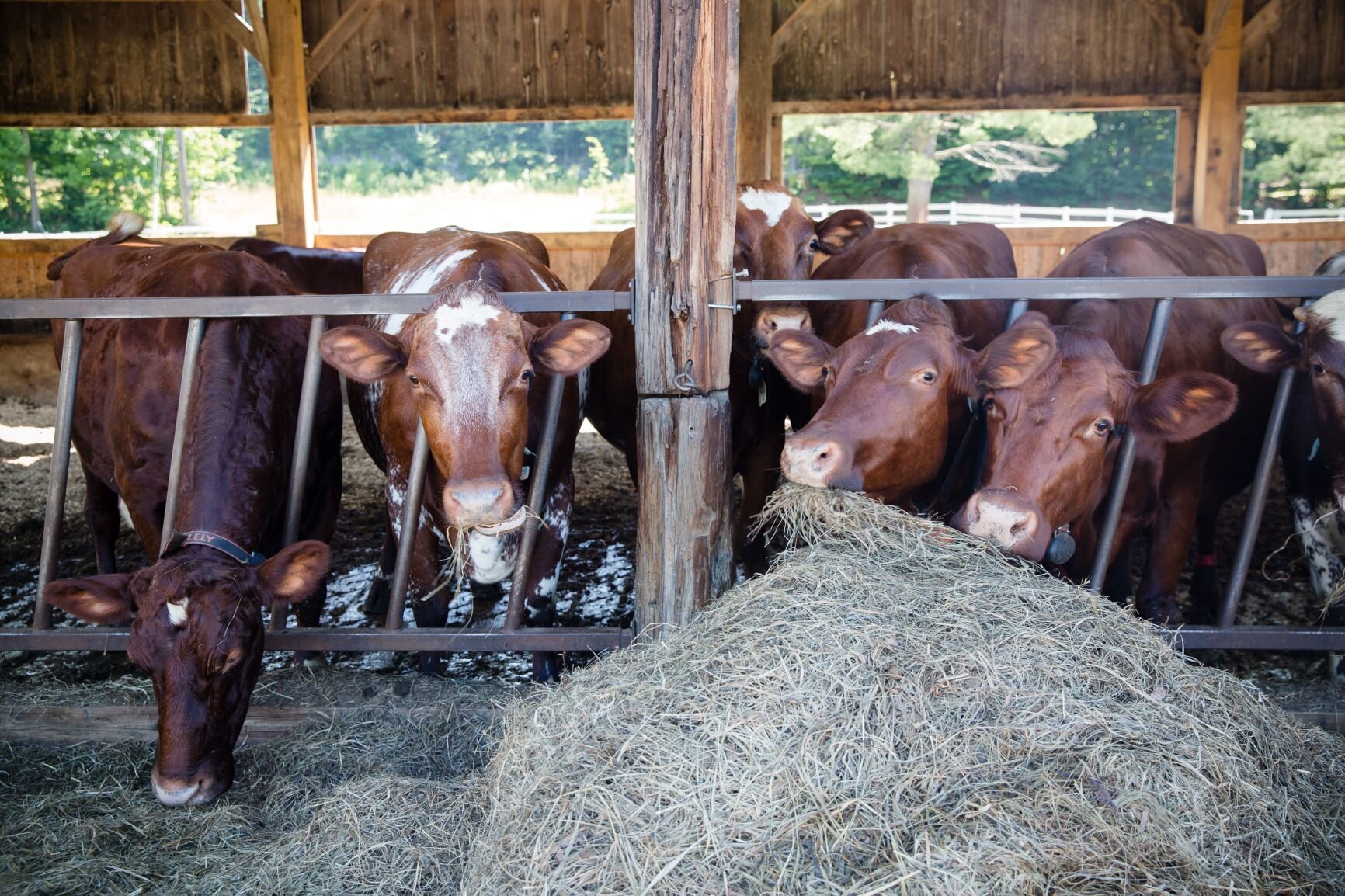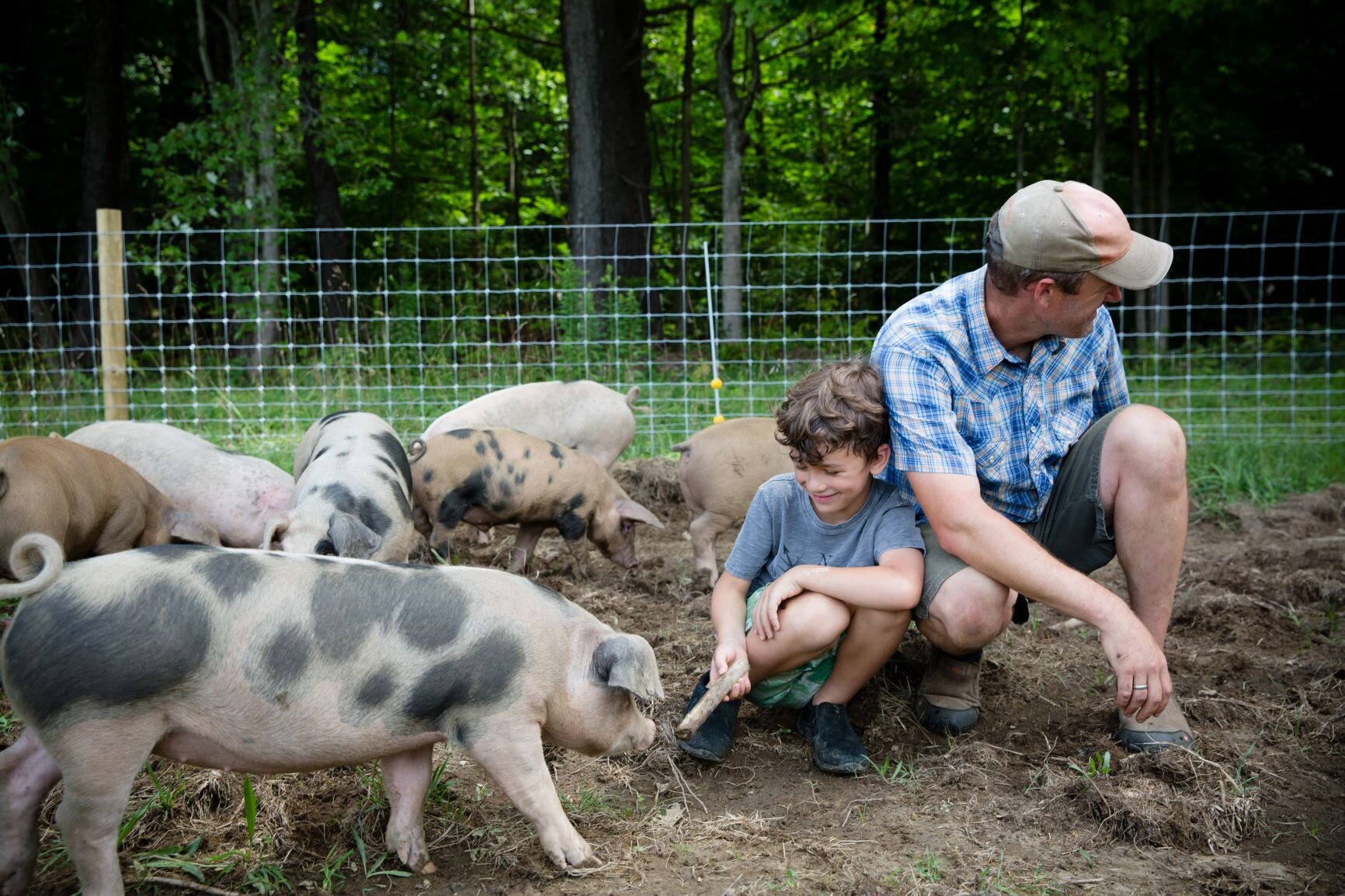One of Food Connects’ newest producers is Vermont Bean Crafters. Operating out of Waitsfield, VT, they were “founded on the belief that what we eat and how it is prepared has a direct and powerful effect on our communities and the environment. That we can do good by eating well.” This ethos rings true with the entire team at Food Connects. So, let us introduce Joe Bossen, Founder and President of Vermont Bean Crafters.
How did Vermont Bean Crafters come to be?
I was drawn to beans in particular for too many reasons to enumerate. These include their role in crop rotations, the fact that they are shelf-stable, the versatility they offer in a culinary context, the fact that they are an affordable protein source, the role they play in healthy diets, and so much more.
Bean Crafters was started at Boardman Hill Farm in West Rutland back in 2009. I was working for Greg at the time and looking to find ways to get more local organic produce into our community. We really wanted to help lock in the farm’s harvests into frozen-value added products to create markets for any surplus or seconds that might otherwise have markets. We started out selling at a few farmers’ markets in Rutland County and even spent a couple of years going to the New Amsterdam Market in NYC as we got our feet on the ground and figured out how to work with distributors and build the business.
What makes your products unique?
We make a point to make food that as many people as possible can eat. This means avoiding all common allergens. Beans in and of themselves are a healthy choice for pretty much everyone (unless one has favism). We don’t use soy in any of our products, so they are free of soy, are vegan, naturally gluten-free, nut-free, and, being certified organic, our value-added products are implicitly GMO-free.
What is one of your favorite products you make?
Honestly, after 10 years I’m still not sick of our Black Bean Burgers. I think that says a lot.
Could you tell our readers a little bit about where you source your products from and any special relationships you have with local farmers?
We have a pretty tight lot tracking and inventory management system. We audit ourselves each year to assess how well we did in sourcing as many ingredients directly from local farms each year. We share that information on our website. We fill our freezer with enough kale and parsley before the hard frosts come in to get us through to the following summer. This past year we got nearly all of the thousands of pounds of our greens from three farms within an hour of us: Kingsbury Market Garden (where our kitchen is located), Alpenglow Farm in Warren, and Bear Roots Farm in Williamstown.
Why is buying and selling locally and the local food movement is important to you?
There is a lot of joy in being in a relationship with the people we work with on the grower and the eater side of our work and there is nothing I enjoy more than cooking food and feeding people.
I value how the versatility and affordability of beans have enabled us to get local and organic food into venues where such foods were less common years ago, from institutional foodservice to pubs and diners. I dig that people can count on having a better burger when visiting a loved one at Dartmouth Hitchcock, or that K-12 students don’t have to grow up with the salted cardboard veggie burgers I did. The fact that those burgers have nutrient-dense vegetables from farms we know and trust makes it all the more a joyful and meaningful proposition.
How does working with Food Connects help your business/what are you excited about in this partnership?
We have seen a lot of consolidation in food distribution over the last ten years. It’s exciting for us to have a locally-based distributor that is accessible and intentional in their work. Our customer service can only be as good as the pipeline that connects us with our customers. We are more interested in continuing our growth through a patchwork quilt of independent smaller distributors functioning on a human scale than we are hitting it big with a national distributor.
Any events coming up or fun facts about your business/products?
We have a lot rolling out this year. We have launched a retail dry bean program for the first time, are redoing all of our retail packaging for our bean burgers, are adding two new value-added products, and have launched our bean subscription service: Bean Box.
Anything else you would like me to feature? Anything that you are doing to respond to the COVID-19 crisis?
About half of our sales were to institutional foodservice pre-COVID-19. We sold most of our foods to colleges, universities, hospitals, and K-12 schools. All of that went away overnight, which is partly why we have so many new things rolling out this year. It’s been a hell of a year but we are doing okay and it is looking like we’ll be on a stronger footing than ever.








